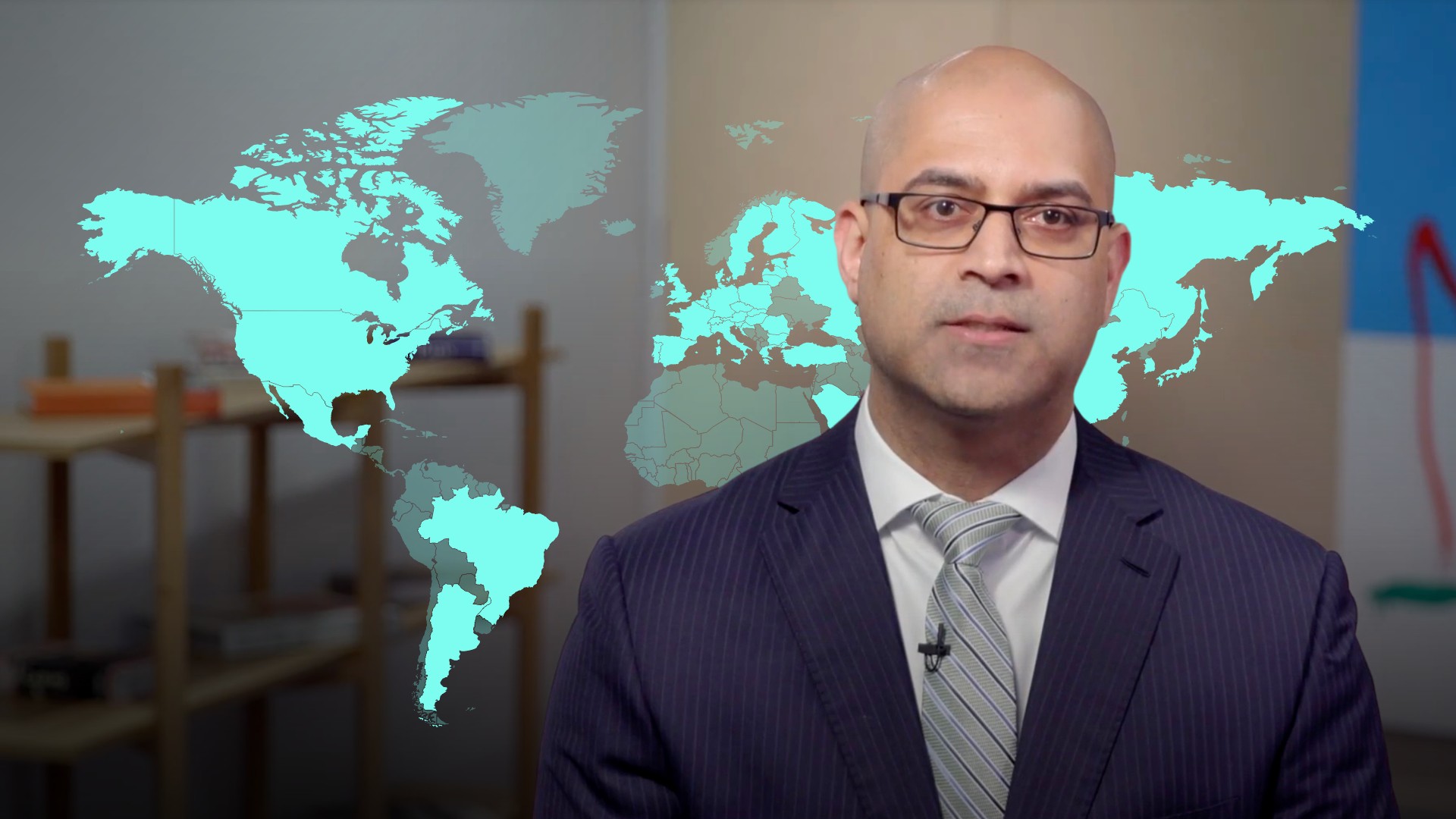
An Overview of Wholesale Market Regulatory Policy

Carl Fernandes
20 years: Financial services law & regulation
In this second video of the series, Carl covers regulatory policy and the different types of regulation applicable to the wholesale markets and its participants.
In this second video of the series, Carl covers regulatory policy and the different types of regulation applicable to the wholesale markets and its participants.
Subscribe to watch
Access this and all of the content on our platform by signing up for a 7-day free trial.

An Overview of Wholesale Market Regulatory Policy
4 mins 42 secs
Key learning objectives:
Define prudential and conduct regulation, and identify their goals
Outline some examples of developing regulation
Understand the key themes that continue to emerge today
Overview:
Much of today’s regulation was created in response to the financial crisis, and so is designed to promote policy goals that aim to prevent a repetition of the problems witnessed during the crisis. This comes through the form of conduct and prudential regulation.
Subscribe to watch
Access this and all of the content on our platform by signing up for a 7-day free trial.
What is prudential regulation?
Focuses heavily on regulatory capital, governance and risk management. This is to ensure that wholesale market participants will have adequate financial resources required to ensure their financial stability, even under stress scenarios , and that governance arrangements are suitably robust.
What are the goals of prudential regulation?
- Minimise the risk of firms failing
- Focus on remuneration
- Discourage excessive risk-taking
- Promote the alignment of risk and reward
What is conduct regulation?
This covers both market side activity by firms, ensuring market transparency and integrity, and client side activity, ensuring fair treatment of clients. In essence, conduct regulation governs market participants’ actions towards their clients and other market participants, to ensure that markets function in a fair and orderly fashion.
What is conduct regulation relevant to?
- Market infrastructure
- Sell-side/buy-side investment firms
- Primary and secondary markets
- The regulation of securities issuance and their promotion
- The regulation of over-the-counter derivatives markets
- The regulation of trading
- Market transparency measures such as transaction reporting requirements
What are some examples of developing regulation?
- Strengthened capital requirements have been created following the financial crisis
- SMCR has been created to address concerns that individuals are not being held accountable for their actions
- Benchmarks regulations was introduced after it emerged that key financial benchmarks such as LIBOR were prone to manipulation
- In the UK, competition law has become more of a focus in the financial services sector, with regulators acknowledging healthy competition is a key factor in ensuring markets function well
What key themes continue to emerge today?
- Operational Resilience - This relates to issues such as cyber security, the suitability of IT systems, and overseeing outsourcing arrangements properly
- Green Finance and Climate Change - The financial sector is seen as having a playing a key role to play in environmental issues by helping to promote a green economy, and there are various pieces of legislation currently in the pipeline on this topic
Subscribe to watch
Access this and all of the content on our platform by signing up for a 7-day free trial.

Carl Fernandes
There are no available Videos from "Carl Fernandes"



























